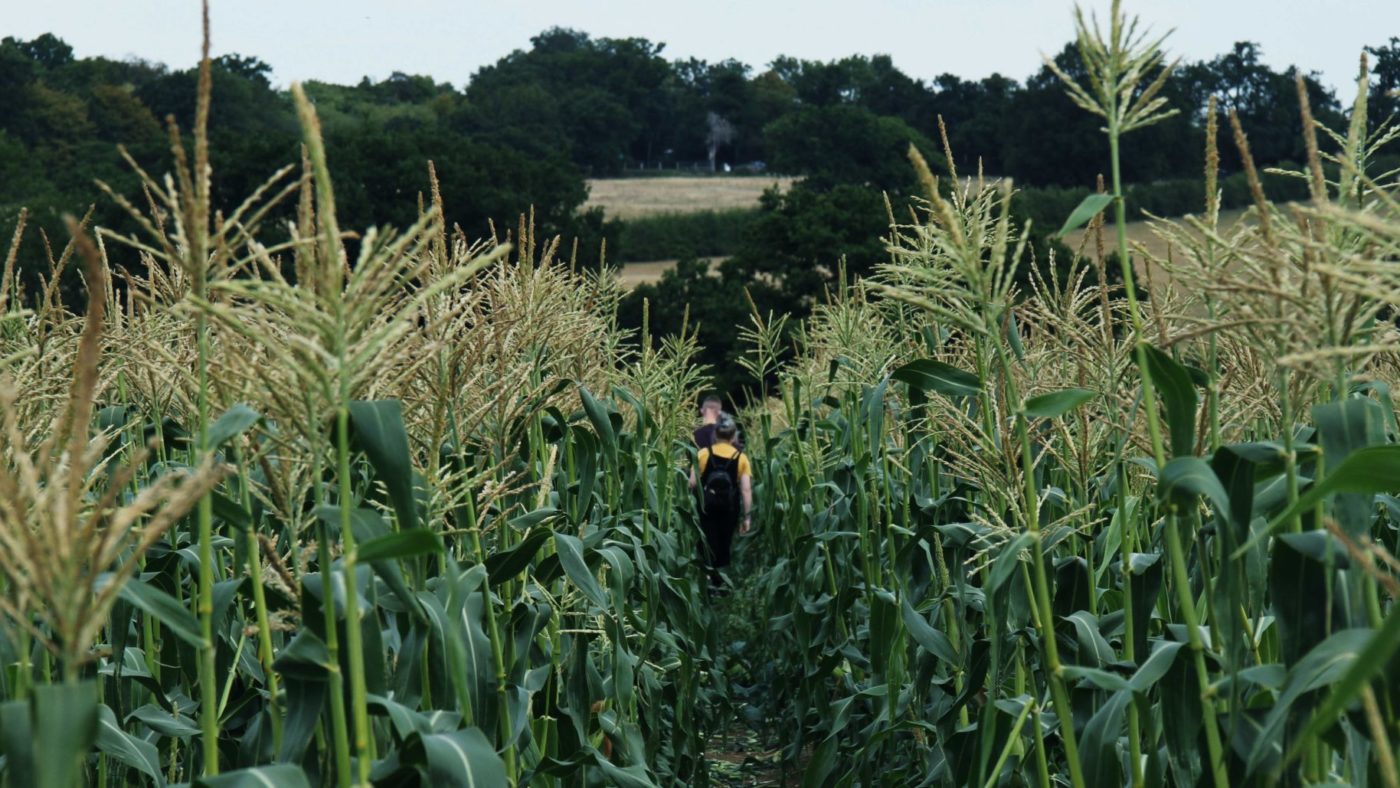Last week, the National Farmers’ Union was busy as ever, banging the drum for British agriculture. Friday 21 August marked a particularly important date in their calendar – for it was Self Sufficiency Day. This is the notional day on which the UK ceases to feed itself, and starts to rely entirely on imports to stock its cupboards and refrigerators for the rest of the year.
Of course, that isn’t what actually happens – we don’t suddenly stop harvesting British produce, and switch to eating only imported food. But the point stands that the UK grows 64% of what it consumes, and that’s the same fraction of the year which has elapsed in 2020 so far.
But is this more than just a moderately interesting titbit of information? The NFU certainly likes to think so. For them, food security is nothing less than a “matter of strategic national interest”, and that self-sufficiency cannot be allowed to decrease further.
Indeed, the NFU’s president, Minette Batters, lost no time at all in demanding that the UK government embark on a policy of “full British procurement” of food and drink in schools and hospitals, and no doubt every other public sector organisation. To do so would come as a blessing for her members, who would be guaranteed a healthy additional slug of taxpayer money – and insulate them from the pressures of foreign competition.
(As an aside, this policy ask would presumably also deny patients and pupils alike the chance to eat anything Britain does not produce itself, like exotic foods, spices and so forth. Even more bizarrely, Batters has included hotels and restaurants in this proposal – indicating she’d be perfectly happy for the Government to mandate where the private sector gets its food from).
Moreover, the sincerity of the NFU’s concern for food security would be a good deal more believable if they didn’t also devote the other 364 days of the year to championing causes completely counterproductive to bolstering self-sufficiency. Chief among these is the NFU’s constant hostility to plant-based diets.
As more and more people in Britain become interested in going vegan, or just eating less meat and dairy in general, the NFU have tried their best to denigrate such developments. Worse still, the lobbying group has a long history of calling for the Government to enact regulatory barriers specifically aimed at stifling the development of exciting advances in food science, such as lab-grown meat and dairy alternatives.
How self-sufficiency comes into the mix here is through the fact that animal products are almost always going to be inimical to reinforcing food security. The logic behind this is well-rehearsed: it’s far less efficient to grow crops to feed to animals – only to kill them and then eat them – than it is to simply grow crops for humans to consume directly. It’s Physics 101 that energy is lost along food chains, and so if producing as many calories as we can is the objective, animal agriculture has little role to play here.
For as long as the NFU lobby to maintain the status quo, they cannot earnestly claim to care about food self-sufficiency. This itself raises another interesting question – should anyone care at all? More interestingly still, could the sorts of arguments expounded by the NFU actually serve to undermine the UK’s food security altogether?
Arguments in favour of self-sufficiency rely on a morbid view of the world. They assume that at any moment, other countries will suddenly turn on the UK and stop selling us food, even though their own economies may depend heavily on those very sales. This is obviously complete nonsense. In value terms, the vast majority of food which the UK doesn’t grow for itself comes from our allies in the EU, and we import just as much from North America as we do from the entire Asian continent.
Beyond this, one can easily make the case for deliberately not growing all – or even most – of our own food, while still boosting food security overall. Economist David Ricardo knew that if countries focused on producing that which they are best at, and proceed to trade freely with other nations, positive-sum results abound. This intuitive logic gets just about as close to being a hard law of economics as it is possible – and remains as true today as it was in the 19th century.
In a similar vein, it can be argued that centralising food production within our own shores is, in fact, the riskiest way to guarantee security. Should weather conditions be particularly bad one year in the UK, for instance, whole harvests could be threatened. By diversifying, and importing a chunk of our food needs from a variety of nations, we are less beholden to freak weather events – which are only becoming increasingly frequent as the impacts of climate change become more pronounced.
I don’t blame the NFU for hyping up scary-sounding concepts like food insecurity. It’s their job to ensure their members can extract as much money from consumers and the Government (read: consumers, again) as possible. But when so-called Self Sufficiency Day rolls around next year, forgive me for not worrying whether it’s a few days earlier.
Click here to subscribe to our daily briefing – the best pieces from CapX and across the web.
CapX depends on the generosity of its readers. If you value what we do, please consider making a donation.


